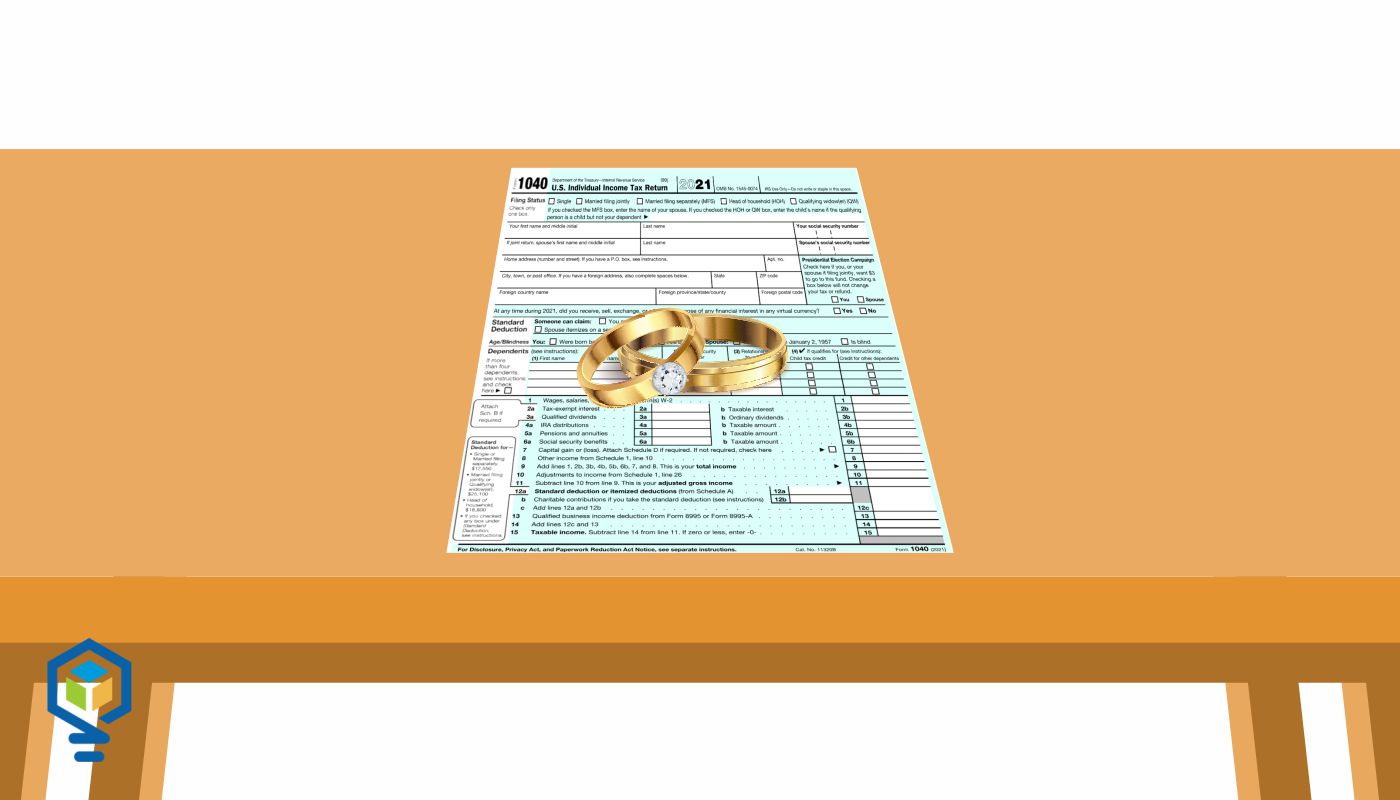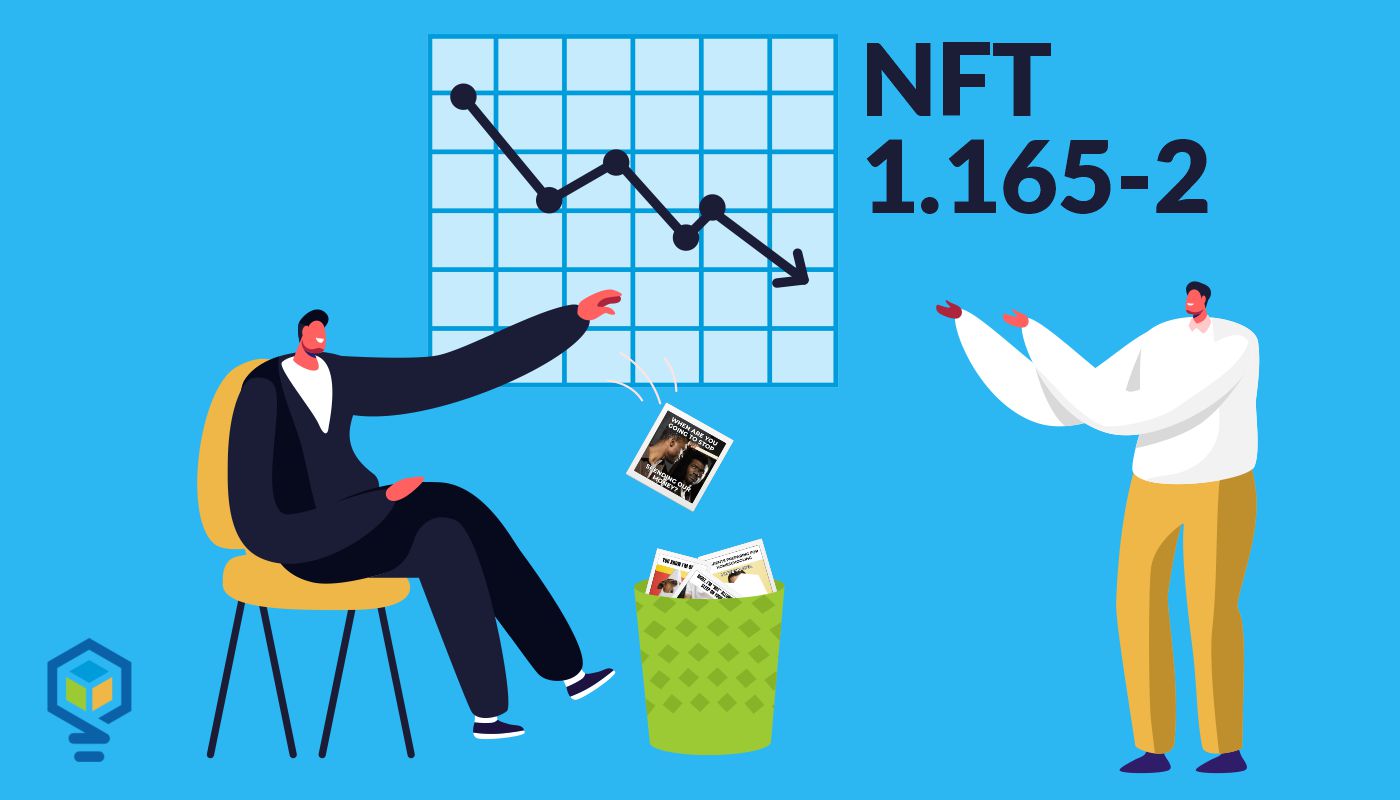Building Land Allocations for the Little People – The Truth About the 80/20 Rule
If you own real estate, you’re no doubt familiar with that wonderful paper loss called depreciation. But you may not be entirely aware that land cannot depreciate. Alas, you must delete part of the price you paid for your real estate land from your original purchase price to generate your tax deduction.
A cost segregation study might be the answer. The study, done by an engineer, can accurately allocate the cost between building and land. This price of the allocation can be cost-justified; after all, it can save you tax.
But at lower depreciation amounts, the benefits might not outweigh the cost, or, if you’re a tax pro, your client might not believe it does. You’ve still got a tax return to do. Regulation 1.167(a)-5 tells us that we have to do something:
In the case of the acquisition on or after March 1, 1913, of a combination of depreciable and nondepreciable property for a lump sum, as for example, buildings and land, the basis for depreciation cannot exceed an amount which bears the same proportion to the lump sum as the value of the depreciable property at the time of acquisition bears to the value of the entire property at that time.
It doesn't really give us much guidance. But you may have seen online or heard somewhere about the old 80/20 rule. That’s right, the tax law says 80 percent of cost gets allocated to the building with the remaining going to land. Only, hold on a second, I can’t find a citation for that one. Is it possible there is no such rule? Then again, Reilly’s 19th Law of Tax Planning says that Reilly uses sarcasm when discussing tax.
For the truth about this rule, continue reading here.
Read More












